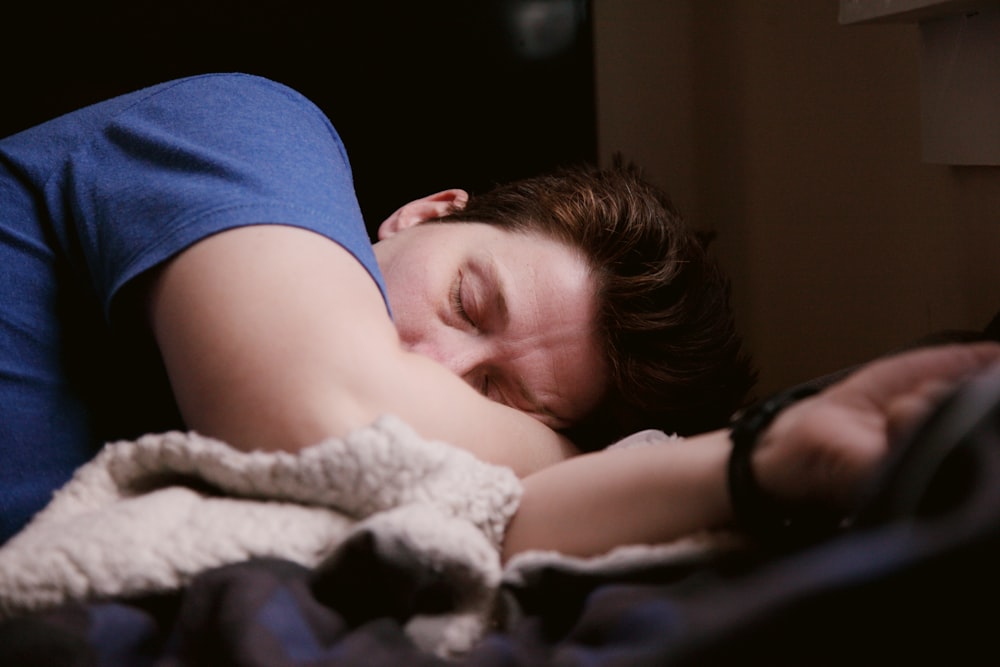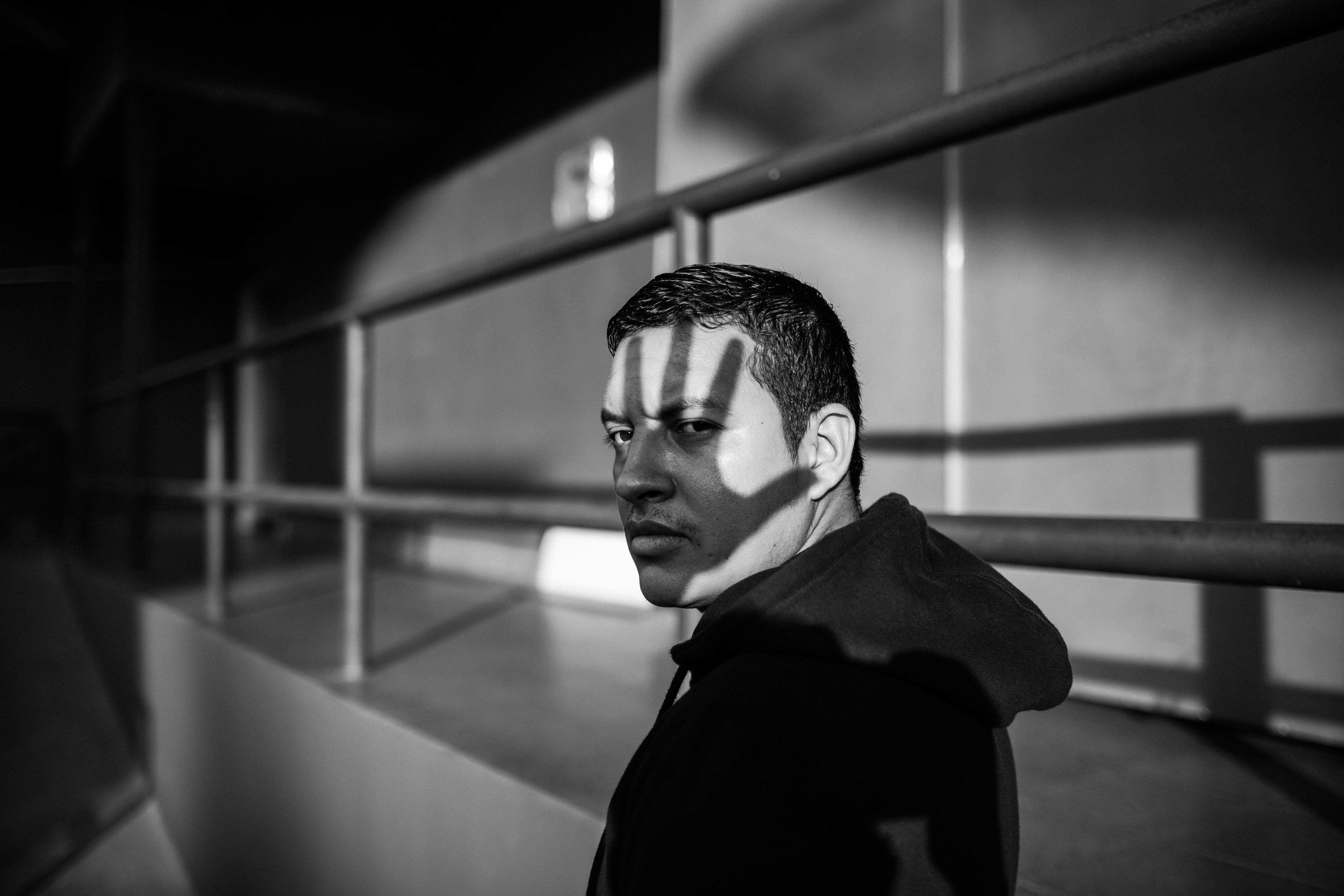It seems natural that so many people succumb to the allure of sleeping pills, given their broad availability and the misconception held by medical experts that they are a blessing. Sedative hypnotics, or sleeping pills, are frequently recommended to...

It seems natural that so many people succumb to the allure of sleeping pills, given their broad availability and the misconception held by medical experts that they are a blessing.
Sedative hypnotics, or sleeping pills, are frequently recommended to treat insomnia. Unfortunately, a lot of people get addicted to drugs and become dependent on them.
Around 9 million Americans took sleeping medications regularly in 2013 to get better sleep at night. Since 1999, the number of drug overdose deaths has been on the rise. One of the primary causes is the use of sedatives.
Without the proper care and assistance, quitting an addiction can be challenging. Read on to find out more about the hazards posed by sleeping pills and how treatment can work wonders for you.

Source: Oregon Trail Recovery
Types of Sleeping Pills and Their Addiction Potential
Several types of sleeping pills are prescribed to treat insomnia and other sleep disorders. The two primary categories of these drugs are benzodiazepines and non-benzodiazepines.
Medicines that are specific to each group can have varying degrees of addiction risk.
Benzodiazepines
There is a greater chance of dependence and symptoms of withdrawal with benzodiazepines. Continuous consumption may cause tolerance, requiring greater doses to produce the same results. Abrupt discontinuation can result in withdrawal symptoms, including rebound insomnia, anxiety, and seizures.
Gamma-aminobutyric acid (GABA) is a neurotransmitter that reduces brain activity and promotes relaxation and drowsiness. Benzodiazepines increase the action of GABA. Among the most common in this category are Valium and Ativan.
Benzodiazepines are potent drugs, but they have the potential to become addictive and can have serious side effects if misused. In 2015 and 2016, 2.2% of Americans abused benzodiazepines.
Without a doubt, the abuse of benzodiazepines has played an integral part in the present opioid overdose epidemic, evidenced by the alarming spike in benzodiazepine-related mortality from a mere 1,000 in 1999 to well over 9000 in 2015.
Non-Benzodiazepine Hypnotics
While considered to have a lower risk of dependence compared to benzodiazepines, non-benzodiazepines can still lead to tolerance and withdrawal symptoms if used for an extended period. The potential for misuse and addiction increases when these drugs are not taken as prescribed.
Sleeping pills are hypnotics that do not contain benzodiazepines. Because they cause sleep, they are often alluded to as “Z-Drugs.” Ambien and Lunesta are two of the most widespread in this category.
Sleeping pill misuse has grown among students in higher education who are just out for a good time. The medicines can either amplify the effects of an alcohol rush or produce a comparable sensation on their own. Obtaining prescription medications is often a breeze for young people who still reside at home.

Source: Unsplash.com
Sleeping Pills Tolerance
Both benzodiazepine and non-benzodiazepine sleep aids can cause tolerance, which is a characteristic that develops with extended use.
Tolerance can develop over extended periods and with recurrent alcohol exposure (i.e., fast or chronic tolerance) or within minutes of a single alcohol encounter (i.e., acute tolerance). More significantly, tolerance varies throughout individuals, as does the rate at which the substance impacts an individual.
Over time, tolerance frequently results in a situation where the initial dosage of a sleeping drug loses its effectiveness. People may raise the dosage without first talking to their doctor in the hope of getting the desired sedative effects.
Recognizing Withdrawal Symptoms
Withdrawal is a crucial sign of dependence that triggers relapse. Withdrawal symptoms, such as rebound insomnia and increased anxiety, may occur when you stop taking the medication. This makes individuals believe they need it to sleep.
Withdrawal symptoms from sleeping pills can indicate dependence on the medication. Here are the withdrawal symptoms associated with discontinuing sleeping pills:
Rebound insomnia Anxiety and Restlessness Irritability Physical Discomfort and Pain Disturbances in Sleep PatternsWithdrawal from benzodiazepines, such as Valium and Xanax, can start one to four days after the last use and peak in intensity within the first two weeks. Lasting withdrawal symptoms can lead to problems that don’t go away for months or years.
Psychological Dependence on Sleeping Pills
The decision to use sleep medication is often influenced by a complex interplay of factors, including individual experiences, beliefs, and sleep difficulties.
For instance, some individuals may turn to sleeping pills out of desperation for a good night’s sleep, especially if they have been struggling with insomnia or other sleep disorders for an extended period.
Relying on sleeping pills may also be a way of avoiding or postponing the need to address underlying issues contributing to sleep difficulties, such as stress, lifestyle factors, or mental health concerns.
Deciding to stay away from substance abuse might be extremely difficult for someone who has grown hooked. Eventually, it may become hard to fight the urge to use drugs due to neurological changes.

Source: Oregon Trail Recovery
Safe Usage and Alternatives
In case your efforts to obtain a restful night’s sleep have proven futile, you can consider using prescription sleeping pills. Here are some guidelines for using them carefully.
Get a medical evaluation: Get an extensive check-up from your healthcare provider before using sleeping medication. Your physician is often able to pinpoint the exact root of your insomnia. Regular consultation: Schedule regular check-ups with your doctor to analyze the medication’s efficacy, keep an eye out for any side effects, and determine whether it needs to be taken continually. Avoid alcohol: Never combine sleeping medications with alcohol. The calming effects of the pills are intensified by alcohol. Quit carefully: Obey the directions on the label or those provided by your pharmacist or healthcare practitioner when it’s time to stop taking sleeping pills. Discontinuing certain medications must be done gradually.Seeking Help and Treatment Options
If you’re having trouble sleeping or are seeking assistance for sleeping pill use, it’s crucial to get advice and support from a healthcare provider. These people are able to evaluate your circumstances and choose the best action for you.
Discuss and explore non-pharmacological approaches to managing sleep difficulties. Cognitive-behavioral therapy for insomnia (CBT-I) is an evidence-based approach that can be effective in treating insomnia without relying on medication.
Adopting good hygiene habits and other lifestyle adjustments can also be beneficial for improving sleep. This entails sticking to a regular sleep schedule, setting up a relaxing slumber space, and abstaining from stimulants right before bed.
Taking part in treatment programs, joining support groups, or seeking therapy might offer ways to cope. Connecting with others who have experienced similar issues can be beneficial.

Source: Unsplash.com
Breaking the Habit
Prescribing sleeping pills may seem like the most suitable answer if you’re having trouble dozing off. However, it might not be to your benefit to take more than is recommended.
Using sleeping medications improperly or for long periods can increase the risks and dangers linked with them. You could become habituated to the medicine and encounter unpleasant side effects. Keep in mind that too much of anything is never a good thing.
It’s crucial to note that the risk of addiction and dependence may be different for everyone. To reduce the risk of addiction, individuals should seek direction from a medical professional.
Adjusting your way of life, such as exercising regularly, learning beneficial coping strategies, and surrounding yourself with supportive people can all help you sleep better.
To improve your sleep and general well-being, remember that asking for help is a great start. Join us at Oregon Trail Recovery today, and let every evening be one of tranquility, calmness, and rest.
The post Can I Get Addicted to Sleeping Pills? appeared first on Oregon Trail Recovery.



















